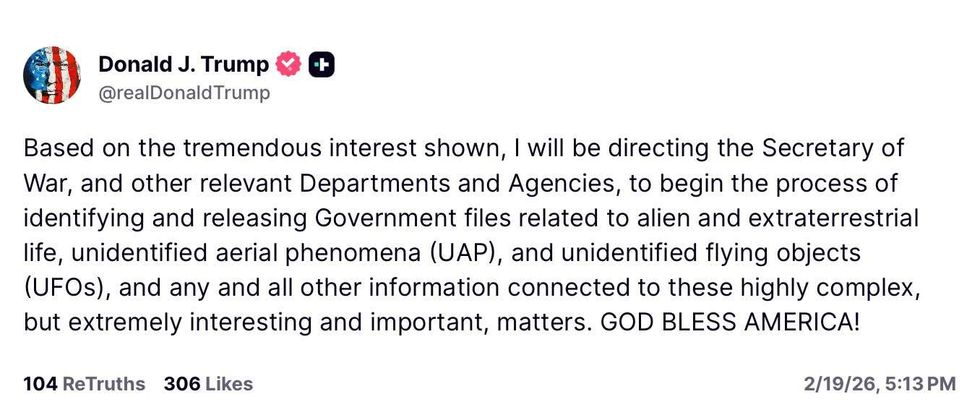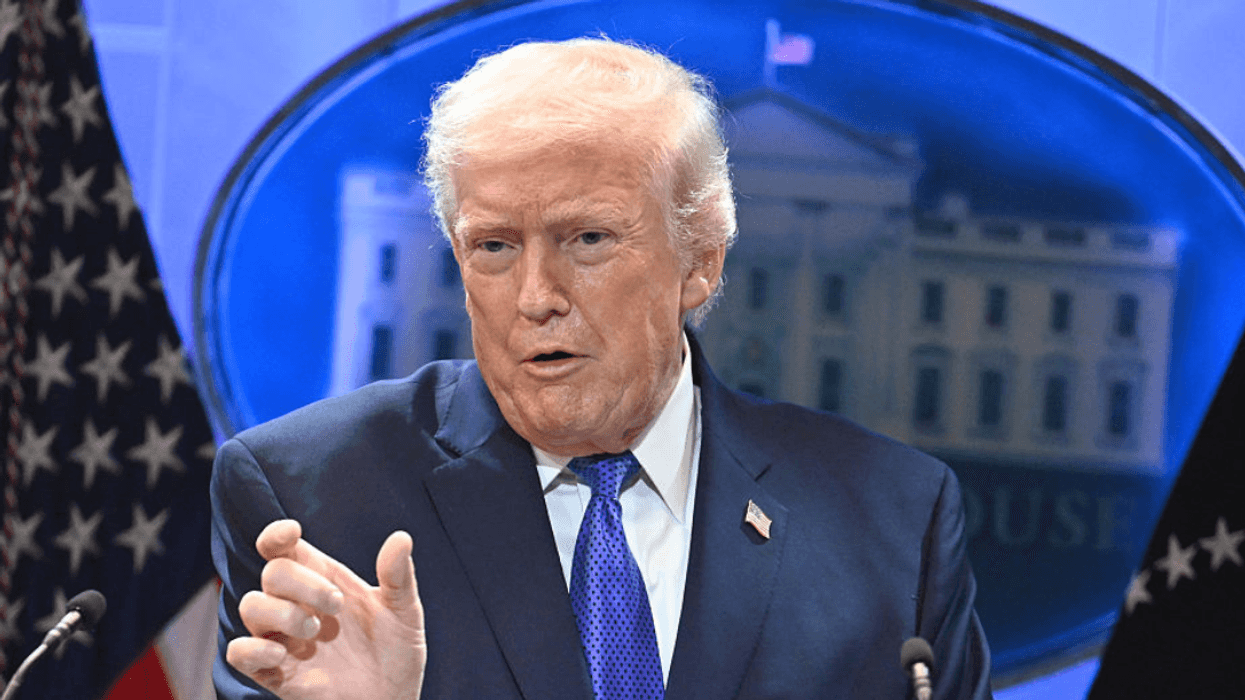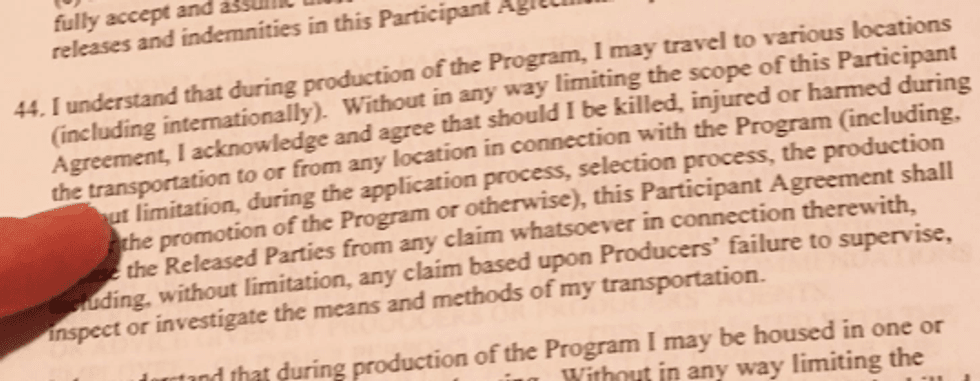Swedish authorities in the capital of Stockholm criticized the Trump administration for sending a "bizarre" letter ordering that the city end its diversity, equity, and inclusion (DEI) programs.
The letter marked the latest step in President Donald Trump’s broader push to dismantle federal programs focused on diversity and inclusion—part of what he pledged in his inaugural address would be a campaign to stop attempts to “socially engineer race and gender into every aspect of public and private life.”
In an April 29 email to Stockholm’s planning office, the U.S. Embassy requested that city officials sign a certification affirming their contractors do not run any DEI programs that might conflict with U.S. anti-discrimination laws.
On Friday, the Stockholm City Council said it would neither comply with the embassy’s request nor issue an official response.
According to Jan Valeskog, vice mayor for city planning:
“It’s so bizarre. It’s our political priorities that count, not the ones from this embassy or any other embassies. We were really surprised, because diversity, equality and inclusion are values that we strive for and stand up for in Stockholm. It’s very important for us.”
“Thousands of people are really upset. I guess most people are following the news about what is happening in the States. But suddenly it felt closer with these demands.”
“Of course, we’ll not sign it, we won’t return it, we’ll do nothing about it. So now it’s up to the embassy to decide what happens next.”
Many have criticized the Trump administration's move.
U.S. embassies across Europe—including in France, Belgium, and Barcelona—have sparked backlash after sending letters asking foreign governments and companies to certify that they do not run DEI programs. The requests were swiftly condemned by European officials, with France calling the move “a form of interference.”
The wave of outreach comes at a fragile moment in transatlantic relations, already strained by tariff threats, security tensions, and the fallout from the Signal leaks, which exposed the Trump administration’s private disdain for European allies.
The letters warned that noncompliance with the anti-DEI stance could jeopardize business with the U.S. government—a demand European leaders view as an overreach of American policy into sovereign and corporate affairs abroad.








 @realDonaldTrump/Truth Social
@realDonaldTrump/Truth Social







 @gutterutterart/Instagram
@gutterutterart/Instagram @gutterutterart/Instagram
@gutterutterart/Instagram @gutterutterart/Instagram
@gutterutterart/Instagram @gutterutterart/Instagram
@gutterutterart/Instagram @gutterutterart/Instagram
@gutterutterart/Instagram @gutterutterart/Instagram
@gutterutterart/Instagram @gutterutterart/Instagram
@gutterutterart/Instagram @gutterutterart/Instagram
@gutterutterart/Instagram @gutterutterart/Instagram
@gutterutterart/Instagram @gutterutterart/Instagram
@gutterutterart/Instagram @gutterutterart/Instagram
@gutterutterart/Instagram